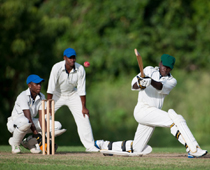| 1. |
His ____ shocks me. 
|
||||||||
|
| 2. |
They had a huge ____ and now are not talking to each other. 
|
||||||||
|
| 3. |
I agree, he is very ____. 
|
||||||||
|
| 4. |
Who is ____? 
|
||||||||
|
| 5. |
She is ____ the ball with her foot. 
|
||||||||
|
| 6. |
He is ____ her suitcase. 
|
||||||||
|
| 7. |
His overall ____ meant he forgot where he put the treasure! 
|
||||||||
|
| 8. |
The electrician was very ____. 
|
||||||||
|
| 9. |
I ____ believe you can do it. 
|
||||||||
|
| 10. |
They were ____ all night! 
|
||||||||
|
